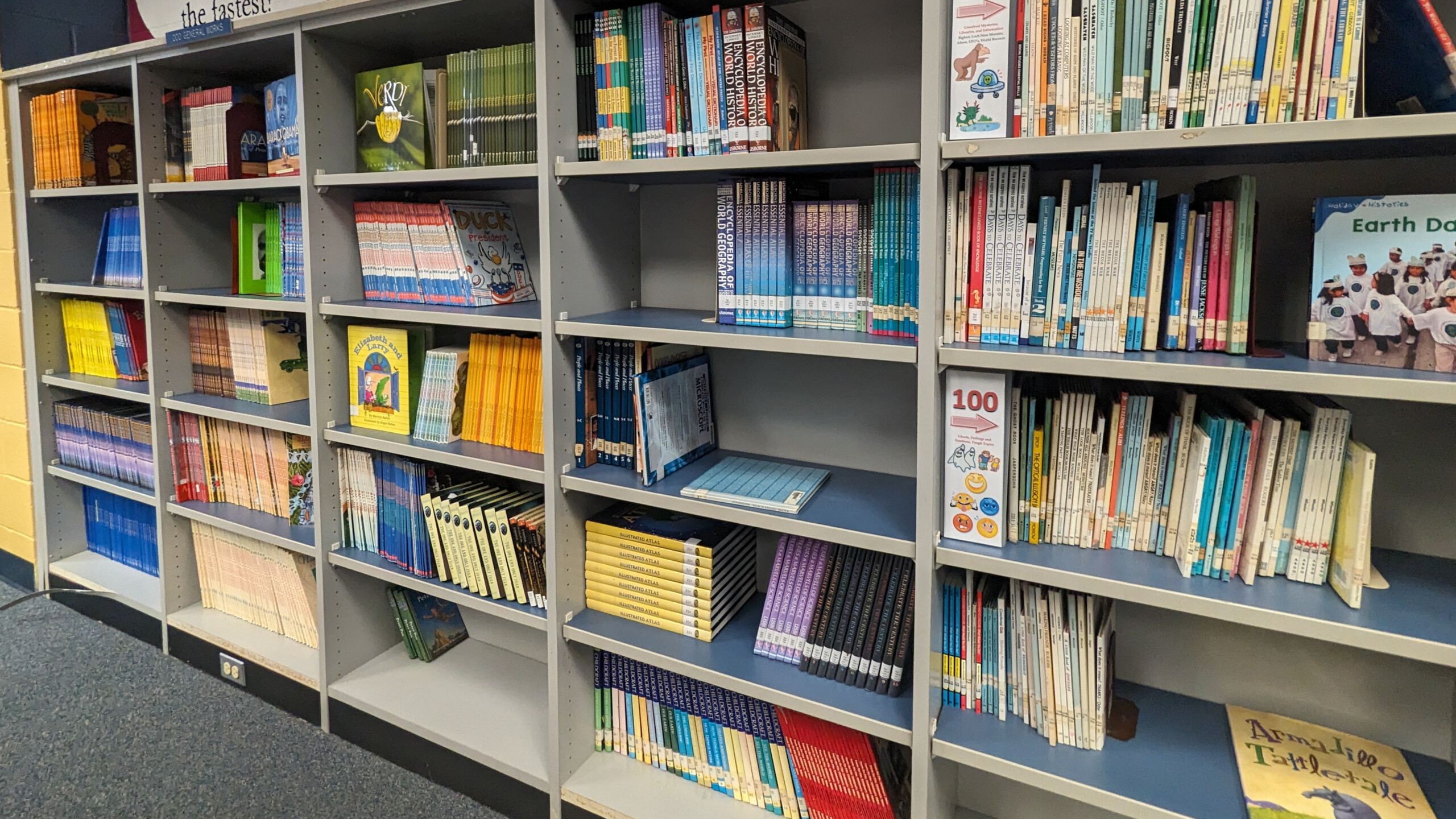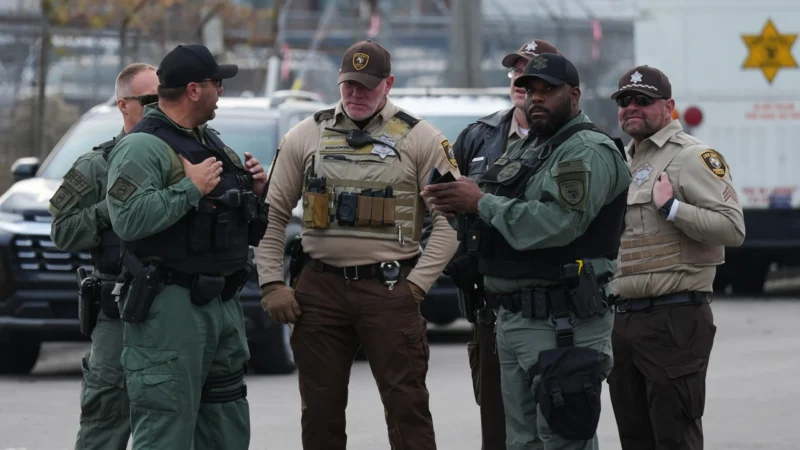Two St. Johns County moms are now at the heart of a continuing fight over Florida’s approach to regulating books in school libraries.
Last week, Nancy Tray and Anne Watts Tressler, along with Orange County mom Stephana Ferrell, sued the state, saying a law passed in 2023 to ease schoolbook challenges tramples on their parental rights.
Speaking with Jacksonville Today, St. Johns County moms Nancy Tray and Anne Watts Tressler say they decided to sue the state because they feel the law gives book challengers more rights than parents who object to the challenges.
The law they take issue with is the 2023 expansion to the Parental Rights in Education Act that made the tools for challenging materials in school libraries more easily accessible. The state says it’s trying to keep explicit material out of the hands of kids, but Tray and Tressler argue that they should have equal power in the process.
Locally, the fight came back to the forefront May 28 when the St. Johns County School Board ruled to restrict access to a handful of books including Kurt Vonnegut’s novel Slaughterhouse Five and Erin Gruwell’s The Freedom Writers Diary.
Tressler has two children in local elementary schools and says she’s been following the challenges to books in recent years closely.
“What really got me a little more involved is when I was looking over the list of … children’s books that were removed or restricted,” Tressler tells Jacksonville Today. “I wanted to know how I can object to that, to the fact that those books were banned.”
There is a mechanism for parents and community members without kids in Florida public schools to push for the removal of library books, but there’s no way for parents who object to a book’s removal to petition for it to be returned to shelves. That’s violates parents’ rights, the lawsuit alleges.
Of particular interest to Tressler were books like Antiracist Baby by Ibram X. Kendi and When Aidan Became a Brother by Kyle Lukoff. Kendi’s book is designed to help parents talk to their kids about racism, and Lukoff’s tells the story of a young boy exploring his identity as transgender.
Antiracist Baby has been restricted in St. Johns County schools, available only for instructional use with signed parental permission slips, and When Aidan Became a Brother was removed entirely.
LGBTQ+ themes, Tressler says, are top of her mind because her sister is married to a woman.
“My daughters go and visit them every summer, so they’re very well aware of that community, and the fact that we are taking these books away is basically sending a message to the kids that these people are not OK,” she says, “that they might be less than others.”
But the state has a different view. LGBTQ+ themes have been at the fore ever since the first iteration of the Parental Rights in Education Act, which opponents refer to as “Don’t Say Gay,” was signed into law in 2022.
Republicans in Florida’s Legislature say discussions of gender and sexuality don’t belong in classrooms. In addition to giving people more tools to challenge books, the law cracked down on classroom discussion of gender and sexuality. That includes mentions of same-sex partnerships in math problems, a point St. Johns County Sen. Travis Hutson made during a hearing in 2022.
Speaking last year, Florida Commissioner of Education Manny Diaz said the goal of the law was to clarify what teachers are in classrooms to do.
“We’re not removing anything here,” Diaz said. “All we are doing is we are setting the expectations so our teachers are clear: that they are to teach to the standards.”
Successful legal challenges to the Parental Rights in Education law have led to clarifications that LGBTQ+ themes alone are not grounds to remove library books. But charges of sexually explicit and violent content have led to restricting and removing books like Slaughterhouse Five.
During the school district hearing on May 28, St. Johns County resident Jean Moore argued that Vonnegut’s novel, which had been retained in the district’s high school libraries after a previous challenge, should be removed entirely.
To make her case, Moore read excerpts of graphic scenes in the book describing violence and sexual content.
“This one is supposedly a classic, but that doesn’t mean it’s right for schools,” Moore told the School Board.
The School Board decided to restrict the novel’s access to just the oldest students in St. Johns County high schools.
For Tray, that was the final straw.
Tray says she understands that books like Slaughterhouse Five have graphic content, but she thinks removing books from school libraries isn’t right.
“Are there parts that are absolutely chilling and haunting and … graphic? Absolutely,” Tray tells Jacksonville Today. “It’s talking about World War II. … My son can very well enlist next year.”
With one student going into 12th grade and another just starting high school, she says it’s ridiculous that one of her kids can read Vonnegut’s novel about the horrors of war at school and one can’t.
“I don’t think we’re doing our kids a favor by sheltering them from these stories,” she says. “I know my kids can handle it, and I would love for them to read this book.”
Parents challenging the law hope to see a change that allows them to have what they feel is as much voice about books in school libraries as parents who want books removed.
“The library should be for everyone,” Tray says. “Education is not one-size-fits-all, and neither are our media centers.”
The lawsuit against the Florida Board of Education lists Tressler, Tray and Orange County parent Stephana Ferrell as plaintiffs. The parents are represented by Democracy Forward, the ACLU of Florida and the Southern Poverty Law Center.
Asked about the lawsuit, a spokesperson for the Florida Department of Education made clear the state’s position.
“There are no books banned in Florida. However, sexually explicit material and instruction are not suitable for classrooms,” the spokesperson said.
Editor’s note: This story was updated Wednesday, June 12, 2024, to include a statement from the Florida Department of Education.







